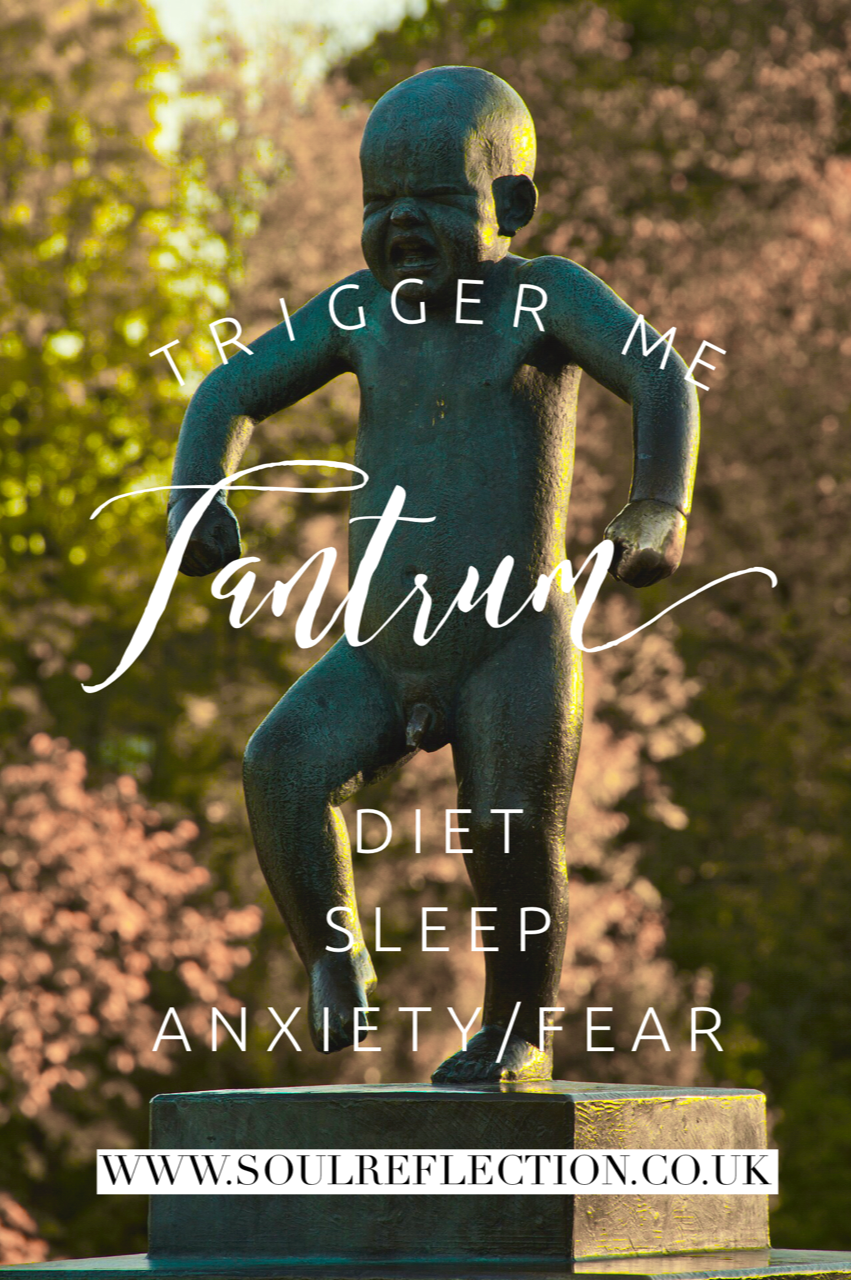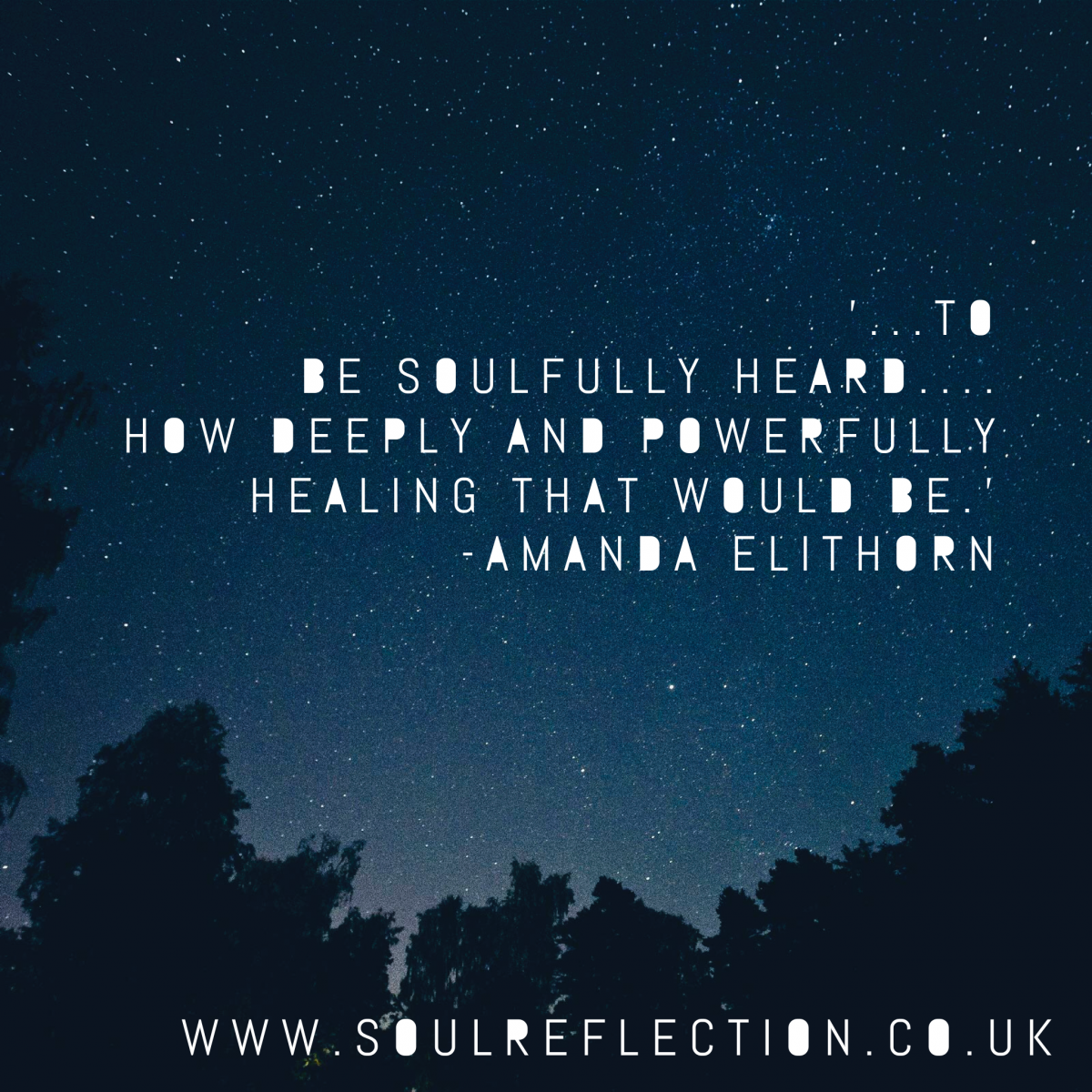I have been musing over children’s tantrums and how so often the initiating triggers can be unnoticed; the act of distress being so all consuming and energetically confronting that the source becomes lost in the moment. Sadly, when the catalysts are missed the opportunity for empathy, resolution, connection and growth are usually missed too.
My reflections have led me to narrow down what I believe to be the 3 key triggers that lead to emotional meltdown: diet, sleep and anxiety/fear.
Guaranteed that my children will flip out if over tired, filled with refined sugar or too much wheat and guaranteed, if they are unable to control events that cause them concern or are faced with an emotionally threatening situation, they will act out of character and generally become obstructive, unreasonable and sometimes hysterical. But, if I spot that initiator and manage to support them through it, they feel understood, heard and loved. And they grow to understand themselves better because of the complete process.
As I considered these flashpoints, I realised that they naturally apply to adults too. Maybe we don’t tantrum quite in the style of kids (maybe we do sometimes too!) but those places where we act out, where we are less patient, less tolerant, less kind, also predominantly derive from these 3 core triggers.
Sleep and Diet, whilst often in disorder, are more simply managed and controlled. By recognising the importance of their part in our mental wellbeing they can be adjusted to the appropriate priority.
Anxiety and Fear are trickier; far less control; the numerous possibilities of spontaneous and unexpected catalysts; and generally some of life’s more challenging obstacles that can be hurled in our direction at any given moment.
But knowledge is still power and in this case often retrospectively. At those time when I find myself presenting the less pleasant side of my nature, it is so helpful for me to investigate these 3 triggers and see how I can adjust or support them. If it is anxiety or fear that has reared up, I can take steps to learn to manage that better, to implement change in my life that can reduce that possibility, or even overcome them completely.
Empathy, resolution, connection and growth are created for me, for my children and for others when I take a breath to explore the source of the behaviour. No one tantrums because they think it’s cool or healthy, it’s a hard place to go and it deserves every effort to understand it.


